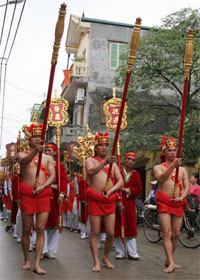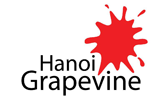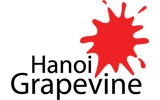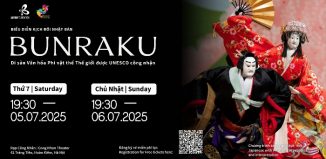Lý Kings Festival

27 – 29 Apr
Đình Bảng Village, 20km north of Hà Nội
And thus began not only the Lý Dynasty – a period of peace, prosperity, justice, development, and expansion of the nation under 8 great rulers – but also the rebirth of the country of Vietnam.
More than 1200 years after the collapse of the Hung dynasty which made possible Vietnam’s invasion by China, and more than 70 years (a time during which a number of kings reigned mismanagement and terror upon the newly reborn country) after the liberation of Vietnam from the Chinese, one man ascended the throne to become king. His name was Lý Công Uẩn, and he was an intelligent and just man, a talented leader, and a devout Buddhist. Upon ascending the throne, he took the name Lý Thái Tổ, supreme Lý ancestor. And thus began not only the Lý Dynasty – a period of peace, prosperity, justice, development, and expansion of the nation under 8 great rulers – but also the rebirth of the country of Vietnam.
Thus, though not a national holiday, the day of the ascension of Lý Công Uẩn to the throne is one of the most important days in the Vietnamese calendar. And especially this year, it being the 1000th anniversary of the founding of Thăng Long
“The entire Vietnamese nation holds claim to the celebration in one northern rural village. The Đô Temple Festival held in Đình Bảng Village, twenty km north of Hanoi, from 14 to 16 of [the third month] of the lunar calendar, commemorates the day in 1009 when the first king of the Lý Dynasty, Lý Công Uẩn, ascended the throne.”
 “The traditions of the Đô Temple Festival… are an essential part of Đình Bảng Village’s spiritual and cultural life. Villagers welcome guests from all over the country to the three days of the solemn rituals and joyful celebration.”
“The traditions of the Đô Temple Festival… are an essential part of Đình Bảng Village’s spiritual and cultural life. Villagers welcome guests from all over the country to the three days of the solemn rituals and joyful celebration.”
“The most important ritual, held on the first day of the festival, is the procession of the eight wooden tablets – each inscribed with the Chinese characters naming one of the Lý kings and praising his merits – from Đô Temple to Cổ Pháp Pagoda. There, monks recite prayers.”
“On the second day, the crowd … forms a procession several miles long to return the tablets to the Đô Temple. At midday, village elders light incense to honour the kings. The master of ceremonies reads King Lý [Thái Tổ’s] ‘Royal Edict’ ordering the transfer of the capital [from Hoa Lư to Thăng Long].”
“The beauty and gaiety of the Đại Việt’s ancient civilisation resonate in the variety of Đô Temple Festival entertainments: quan họ duet singing and dancing; quan họ music aboard boats on the Tiêu Tương River; swinging in great bamboo-pole swings; the release of doves; a competition in clay-pot cooking; water puppet shows in Bán Nguyệt Lake in front of the temple; tuồng and chèo opera performances; poetry reading and judging; cock-fighting and wrestling; and stories about the Lý kings…”
All information and direct excerpts from: Vietnam Cultural Window, Đình Bảng Village, Eight Kings and Their Descendants – a doctoral thesis by Kate Jellema, Thế Giới Publishers, 2001.
![]()
| Translation from English to Vietnamese kindly provided by my Vietnamese teacher, Bùi Phương Thảo. I need your help: If you know of any upcoming event for this column, please let me know. Hanoi Grapevine focuses mainly on contemporary art and culture in Vietnam, but we also post information about events that are part of Vietnam’s rich cultural heritage. |














